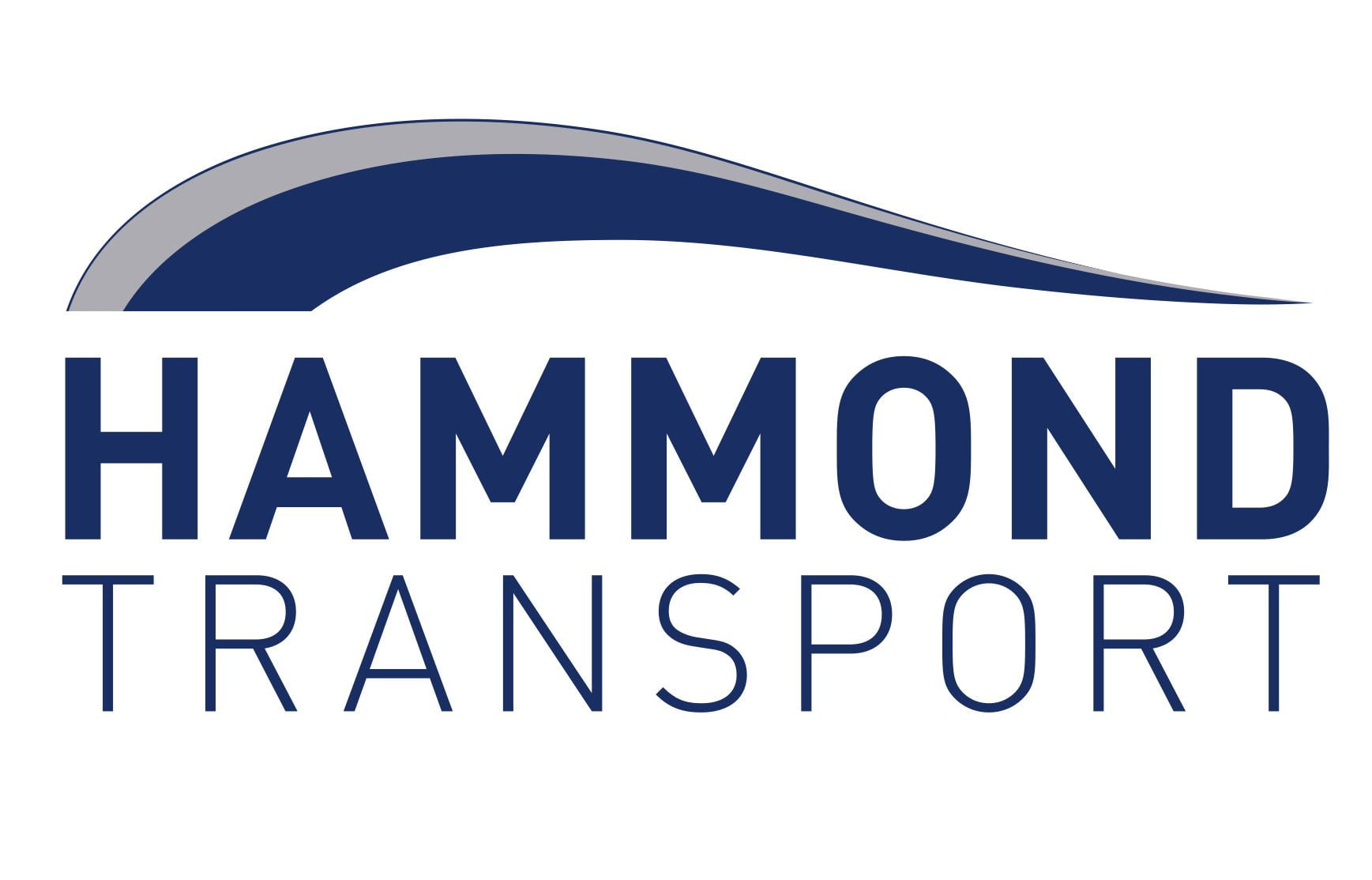We lead busy lifestyles these days. From instant information via the internet and our televisions to next-day delivery of online orders, this fast-paced world shows no signs of slowing down.
As a result, businesses need to keep up with consumer demand and look to ensure operations meet requirements. The logistics and haulage sectors play an important role in this through time-critical transport, ensuring that supply chains are efficient at every stage.
What is time critical transport?
As an essential part of the logistics and transportation sector, time critical transport is vital to the UK and global supply chain.
Often, goods and consignments need to reach their destination within a certain timeframe. Sometimes these timeframes are extremely limited due to reasons such as medical emergencies, production line stops, urgent repairs or even touring events.
As a result, time critical transport provides a solution to ensure that these consignments get from A to B as efficiently, smoothly, and quickly as possible.
In recent years, the demand for time critical transport has increased thanks to the surge in online shopping and customers expecting quicker delivery times. As a result, businesses within the logistics sector have had to evolve to meet this demand, including investing in innovations and technologies to help make the process smoother.
Who uses time critical transport services?
A wide range of sectors and industries use time critical transport services to ensure that their operations meet the expectations of their customers or end users.
Time-critical transport plays a vital role in the NHS, where medicine, equipment and even organs need to be transported quickly in medical emergencies.
Other examples are the construction industry, where certain materials or equipment could be required to make urgent repairs to buildings or infrastructure, or the events and exhibition sectors which require consignments to be moved and set up quickly from one location to the other.
The UK car manufacturers and other businesses where a production line is short of parts that would result in a production line stoppage, this would have severe financial penalties.
Aircraft on ground (AOG) sometimes happens, the part for the aircraft has to be there as soon as practically possible, this is a fast freight scenario.
Online retailers are also becoming more and more reliant on time-critical transport as customers expect extremely fast turnaround and delivery of online orders and shopping – something which many of us take for granted these days!
How does technology support time critical transport?
Innovation continues to help improve the speed of deliveries up and down the country. Technology, such as GPS, enables HGV drivers to map out the quickest route, whilst being alerted to any potential traffic issues which they can ultimately then avoid.
GPS also allows logistics and transportation businesses to accurately track the movement of goods. This helps organisations keep an eye on the consignment and they are then able to accurately update customers with their goods’ location and expected delivery date or time.
Are there any challenges to time critical transport?
As with any form of transportation, there are always challenges which could arise and need to be overcome. One of the biggest issues here in the UK is the country’s infrastructure. Many roads and motorways are ageing rapidly, leading to potholes and damage to the surface. This can result in transportation delays thanks in part to roadworks.
Additionally, since leaving the EU and the customs union, the UK faces increased regulations and long delays when trying to transport goods overseas.
